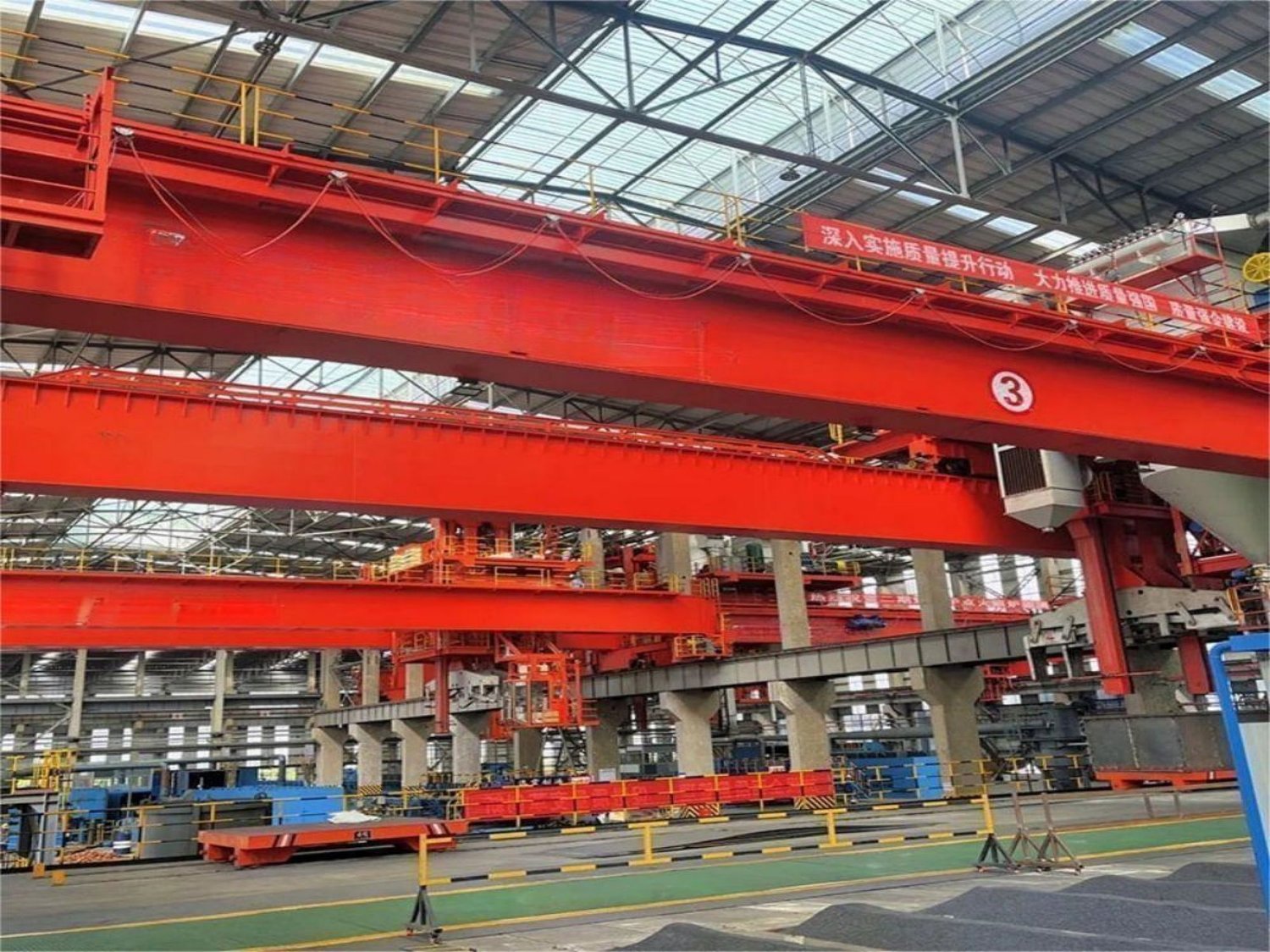Table of Contents

Revolutionizing Industrial Operations with Multi-Function Cranes
Efficiency is a crucial factor in any industry, and the introduction of multi-function cranes has redefined the standards of productivity. These innovative machines have transformed various sectors by offering a wide range of capabilities that streamline operations. With their advanced features and versatility, multi-function cranes have become indispensable assets for industries worldwide.
Enhanced Flexibility and Adaptability
Gone are the days when industries required multiple machines for different tasks. Multi-function cranes combine the functionalities of various equipment, such as cranes, forklifts, and aerial platforms, into a single unit. This consolidation allows industries to save space, reduce costs, and optimize their operations. These cranes can handle multiple tasks, such as lifting, carrying, and transporting heavy loads, making them highly adaptable to diverse industrial needs.
Increased Productivity and Time Savings
Efficiency is all about maximizing output while minimizing input, and multi-function cranes excel in this aspect. By eliminating the need to switch between different machines, these cranes significantly reduce downtime, resulting in increased productivity. The seamless integration of various functionalities enables operators to complete tasks more swiftly, saving precious time in industrial operations.
Improved Safety Standards
Ensuring workplace safety is a top priority for every industry, and multi-function cranes play a vital role in achieving this objective. These cranes are equipped with advanced safety features, including stability control systems, load monitoring mechanisms, and operator assist technologies. By reducing the risk of accidents and injuries, multi-function cranes enhance workplace safety and provide a secure environment for workers.
Cost-Effectiveness and Resource Optimization
Investing in multi-function cranes can lead to significant cost savings for industries. By consolidating multiple functionalities into a single machine, companies can reduce their equipment expenses and maintenance costs. Moreover, the versatility of these cranes minimizes the need for additional equipment, optimizing the utilization of resources and enhancing overall cost-effectiveness in industrial operations.
Enhanced Reach and Accessibility
Multi-function cranes are designed to provide enhanced reach and accessibility, enabling industries to overcome logistical challenges. With their ability to lift and transport heavy loads to great heights, these cranes facilitate operations in confined spaces and high-rise structures. This accessibility ensures that industries can efficiently utilize their available space and overcome obstacles that may hinder traditional equipment.
Versatility for Multiple Industries
One of the greatest advantages of multi-function cranes is their versatility across various industries. Whether it's construction, manufacturing, logistics, or warehousing, these cranes can adapt to the specific requirements of different sectors. From handling heavy machinery in construction sites to efficiently stacking pallets in warehouses, multi-function cranes have become indispensable assets in transforming industries.
Integration of Advanced Technologies
Multi-function cranes are at the forefront of technological advancements in the industrial sector. These machines integrate state-of-the-art technologies like automation, remote control, and IoT connectivity. Such advanced features enable industries to achieve higher levels of precision, control, and efficiency in their operations. The integration of these technologies also paves the way for future innovations and the development of smart industrial systems.
Environmental Friendliness and Sustainability
As industries strive towards sustainability, multi-function cranes offer a greener alternative. These cranes are designed to be energy-efficient, reducing their carbon footprint. Additionally, their versatility and adaptability contribute to resource conservation, as they minimize the need for multiple machines and equipment. By embracing multi-function cranes, industries can align their operations with eco-friendly practices and contribute to a greener future.
Training and Skill Development
The operation of multi-function cranes requires specialized training and skill development for operators. This presents an opportunity for industries to invest in the professional growth of their workforce. By providing comprehensive training programs, companies can enhance the skill sets of their employees and ensure the safe and efficient operation of these advanced machines. The development of expertise in multi-function crane operations not only benefits the employees but also contributes to the overall growth and success of industries.
